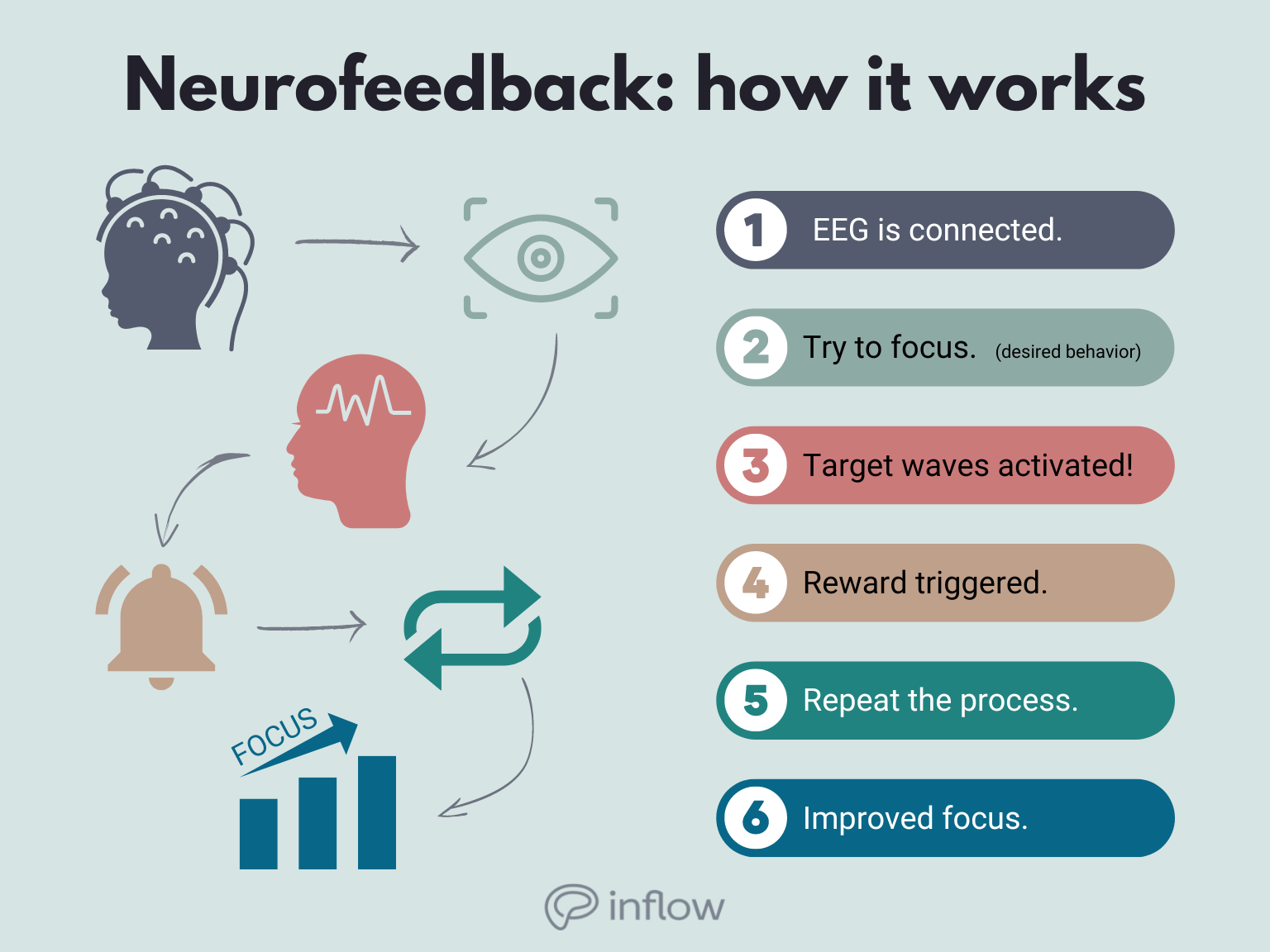Sleep is an crucial part of our daily lives, allowing our physical selves and minds to repose and recover. However, many people suffer from slumber disorders, which can significantly disrupt sleep patterns. These disorders can result to multiple issues, including alterations in neural wave activity. Brainwaves are electrical signals in the mind that indicate our mental state and activity. When slumber is disturbed, the typical patterns of brainwaves can be affected, resulting to issues with mental function, such as recall, focus, and judgment.
There are several types of slumber disorders, including insomnia, sleep apnea, and restless leg syndrome. Insomnia is defined by difficulty going or staying asleep, while sleep apnea involves pauses in breathing during sleep. Unsettled leg syndrome induces uncomfortable feelings in the limbs, leading to an compelling desire to move them. Each of these disorders can disrupt the natural slumber cycle, which comprises of various stages, including shallow sleep, profound sleep, and REM (rapid eye movement) slumber. Each stage holds a crucial role in maintaining overall brain health and performance.
When sleep disorders disturb with these stages, brainwave activity can become erratic. For instance, during profound sleep, the mind generates slow delta waves, which are important for bodily restoration and recall consolidation. If a person experiences repeated awakenings or does not reach deep sleep, the generation of these delta waves is reduced. This can lead to challenges in learning new knowledge and holding memories. Additionally, REM sleep, which is associated with dreaming and affective processing, is also affected. Interruptions in REM sleep can lead to problems with emotional regulation and inventiveness.
The effect of sleep disorders on mental function is substantial. Research has shown that people with slumber great site disorders often experience difficulties with focus and focus. This can affect their capability at educational institutions or work, making it challenging to finish tasks or participate in discussions. Furthermore, long-term slumber deprivation can lead to mood changes, heightened stress, and even nervousness or depression. These mental and affective challenges can create a cycle, where poor sleep results to mental difficulties, which in turn can lead to more sleep problems.
Addressing slumber disorders is crucial for enhancing brainwave activity and mental function. Therapeutic options may include habitual changes, such as creating a regular sleep schedule, establishing a cozy sleep environment, and engaging in relaxation techniques. In some cases, clinical intervention may be necessary, such as employing a CPAP machine for slumber apnea or medication for insomnia. By valuing slumber and pursuing appropriate treatment, people can improve their overall cognitive abilities and improve their quality of life. Comprehending the relationship between sleep disorders, brainwave activity, and cognitive function is an important step toward better health and wellness.

Comments on “Investigating The Way Slumber Disorders Interfere with Brainwave Function as well as Affect Mental Function”